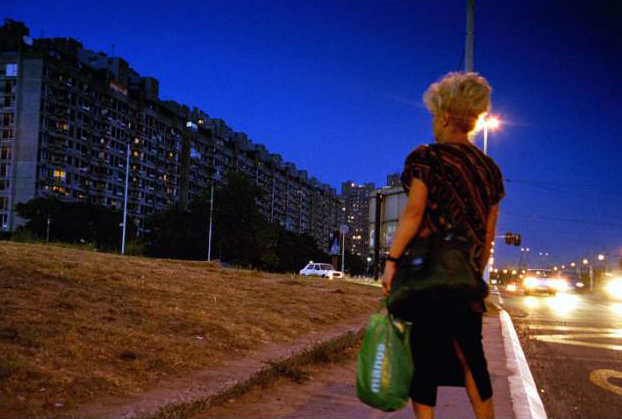
Novi Beograd - Daniele Dainelli
The EU - Western Balkans international conference held in Sarajevo ended without dramatic news. An emphasis on the region’s EU accession prospects with no discussion of specific dates or accelerated access. A comment
Ten years after the Zagreb summit and seven years after the Thessaloniki gathering, the diplomats from the EU states returned to emphasising the reality of integration possibilities for the Western Balkans. The international conference held in Sarajevo on 2 June focused completely on the Western Balkans and had two objectives: to demonstrate that the 27 EU member states do not intend to exaggerate the “enlargement fatigue” argument, and to highlight that the region’s stability and development critically depends on the prospect of integrating the Western Balkans into the EU.
The diplomats from the EU member states acknowledged that the Western Balkans has made great steps forward in political and economic reform. At the same time, they asserted that the EU officials would strictly assess the progress on the conditions set with the Stabilization and Association Process. In addition, they emphasised the many challenges remain for these countries, especially with respect to promoting rule of law, fighting against corruption and crime, allowing freedom of expression, and supporting the return of refugees.
Among the little good news at the Sarajevo conference was that all Balkan countries, including Kosovo and Serbia, sent representatives. Because of the Kosovo foreign minister’s presence, Serbia’s government did not decide, until the last moment, on participation and the level of representation.
The conference welcomed the European Commission proposal to abolish the visas for Bosnia and Herzegovina and Albania, despite the lack of any specific dates for action.
The Western Balkans countries were especially pleased to hear that “their future is in the European Union” even though this moment of grave crisis for the EU. Nevertheless, the open question remains of the next steps for these countries on their path to Europe, as well as the timeline for the next accessions. When and how will these countries enter into the EU? Spanish foreign minister Moratinos responded briefly to this question: “We cannot guess what will happen, but we can generally confirm that the integration will follow the regatta model.” The race includes the overall region, but then each country will have to think only of itself.
Currently, the EU obviously does not have much else to offer to its Balkan neighbours except the official reassurance of their integration prospect. The timeline and the modes of accession remain deferred. The Spanish presidency prepared the conference’s official statement that noted, “The Western Balkans, which is now firmly anchored in the EU enlargement process, should intensify its efforts to meet the criteria and create the conditions necessary for its walk towards EU accession.” It then emphasised, as if it was not clear, “Each country is responsible for its own progress.”
Therefore, a general agreement has emerged on an EU future for the region, something not to be taken for granted considering the current fragility of the EU. However, countries such as Germany and Belgium (next holder of the rotating EU presidency) remain unenthusiastic about future enlargements.
Overall, the responsibility for the full integration of the Balkans has been reaffirmed, as well as its capacity to proceed on the path to Europe. The EU does not want to consider possible speeding up of the integration process. Almost 500 NGOs from Serbia, Albania, Macedonia, Kosovo, Montenegro, and Bosnia and Herzegovina prepared a document asking the EU to speed up the European integration process.
Most recently, the ex-Yugoslav republics have demonstrated their will to turn a new page with respect to their recent past. Informal and formal meetings between political leaders, reciprocal apologies, parliament declarations, the will to reach bilateral agreements for proceeding along the difficult path of reconciliation, have all been important signals that the region has sent to Brussels. In addition, their own public opinion favours joining. Therefore, the Balkans is moving, even though slowly, towards a better future. Whereas the EU... where is the EU going?







 To Top
To Top